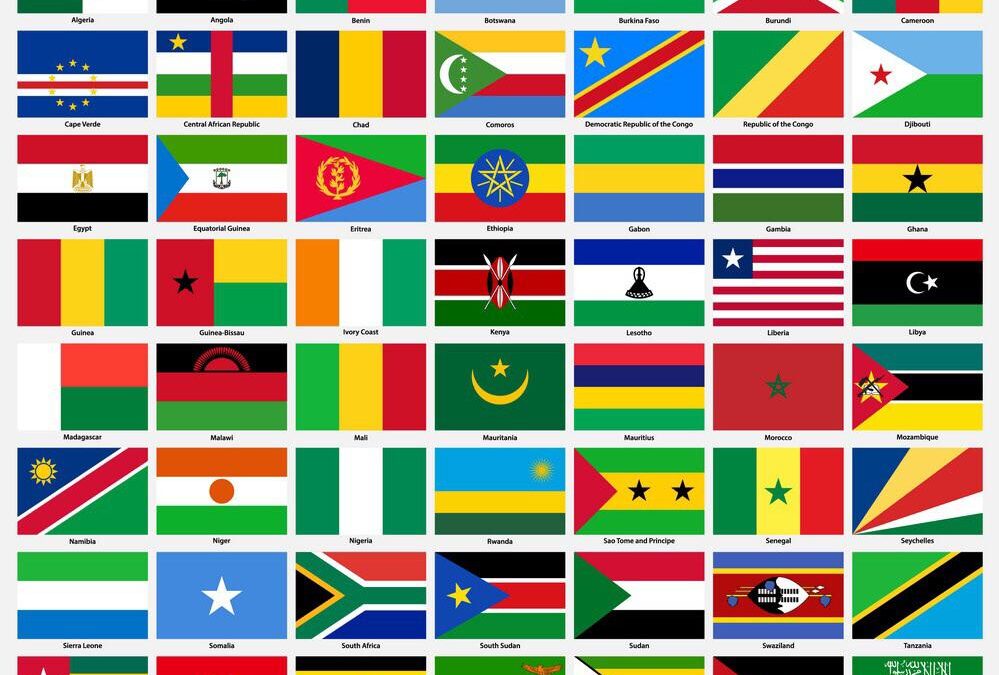In the global narrative, Africa often falls victim to a pervasive stereotype – that of being a single, homogeneous entity. However, the truth is far richer and more complex. Africa is not a country; it is a vast and diverse continent, home to a multitude of nations, cultures, and landscapes.
A Continent, Not a Country:
Africa comprises of 54 recognised countries, each with its own unique history, languages, customs, and traditions. From the northern tip of Morocco to the southern shores of South Africa, and from the lush rainforests of Central Africa to the arid deserts of the Sahara, the diversity within Africa is as vast as the continent itself.
Cultural Riches Beyond Comprehension:
The richness of African cultures is astounding. Languages spoken vary from Arabic in the north to Swahili in the east, and hundreds of other languages across the continent. Traditional music, dance, art, and storytelling traditions differ dramatically from one region to another, highlighting the cultural mosaic that is Africa.
A Story of Many Stories:
Africa’s history is a complex web of civilisations, kingdoms, and societies, each with its own narrative. The great empires of Mali, Ghana, and Songhai, the ancient city of Carthage, and the powerful Zulu Kingdom are just a few examples of the historical diversity that shaped the continent.
Nature’s Masterpiece:
Africa is a haven of biodiversity, boasting some of the most iconic wildlife on the planet. From the majestic elephants of the savannahs to the elusive mountain gorillas in the rainforests, the continent’s ecosystems vary immensely, providing habitats for a stunning array of plant and animal species.
A Continent of Resilience:
While Africa has faced its share of challenges, including issues of governance, poverty, and disease, it has also demonstrated incredible resilience. The rise of vibrant economies, technological innovation, and a growing middle class paint a picture of a continent not defined by its struggles but by its ability to overcome them.
Celebrating Unity in Diversity:
It is essential to appreciate Africa for what it truly is – a continent of immense diversity and complexity. Recognising this diversity is not just about dispelling stereotypes but also about fostering a deeper understanding and appreciation for the richness of cultures, histories, and peoples that collectively make Africa an extraordinary continent.
Africa is not a monolith; it is a mosaic of identities, experiences, and landscapes. As we engage in conversations about this vast continent, let’s remember to acknowledge and celebrate the individuality of each African nation. Breaking free from the misconception that Africa is a single country allows us to appreciate the nuanced beauty of a continent that defies simple categorisation.

